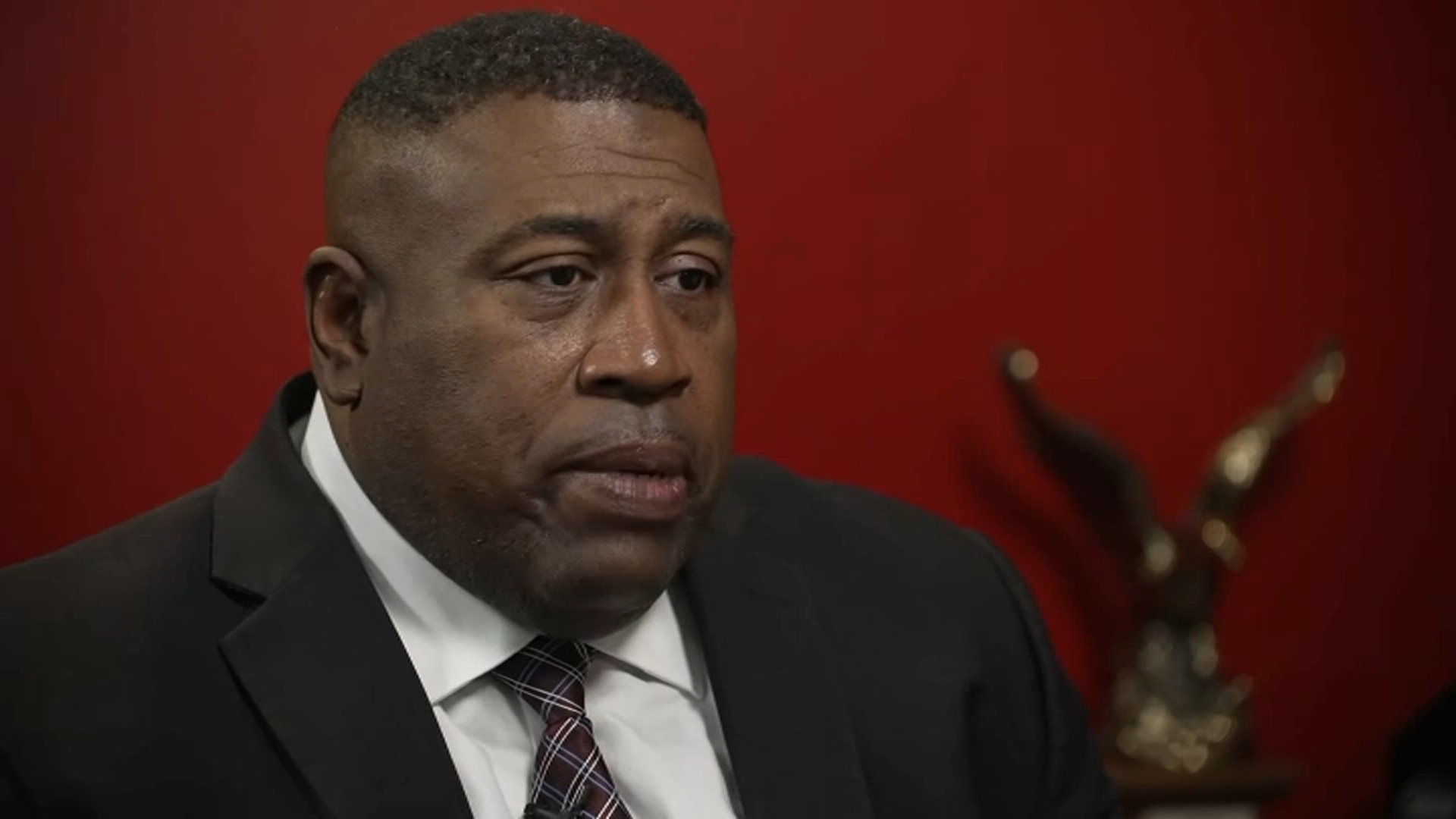What to Know
- About 700,000 spectators are expected at this year's U.S. Open
- The NYPD is increasing its presence and will work with roughly 300 private security guards employed by the tournament
- Backpacks are prohibited and fans will be screened by walk-through metal detectors
In a less-traveled part of the 46-acre Billie Jean King National Tennis Center, an imposing black metal fence offers a reminder of the multiple security worries that come with hosting the U.S. Open.
New York Police Department counterterrorism officials insisted that the fence, near a new 8,000-seat grandstand stadium, be reinforced earlier this year with thick strands of cable capable of withstanding a crash from a truck loaded with explosives.
"A lot of this stuff is off the radar, but it goes back to what's happening in the world," the event's security director, Michael Rodriguez, said during a flurry of last-minute preparations for Monday's opening matches.
Attacks in Europe and mass shootings in the U.S. have created a climate that's added to vigilance over this year's U.S. Open, which already posed daunting security challenges because of its sheer size: 700,000 spectators over two weeks packed into two stadiums, two grandstands and other seating at more than a dozen other tennis courts, all connected by sprawling pedestrian walkways.
There was already one scare on Saturday when a man tried to kidnap an 11-year-old girl as she watched a practice match with her family.
Officials say they know of no credible threats against a Grand Slam event that happens to end with the men's final on the 15th anniversary of 9/11. But the NYPD, which ordinarily has hundreds of officers in and around the tennis center, plans to increase its presence this year. That's on top of the tournament's roughly 300 private security guards.
Local
Layers of protection include installation of temporary closed-circuit surveillance cameras, including some perched atop the 23,771-seat Arthur Ashe Stadium, along with devices to detect chemical, biological or radiation risks.
"It’s definitely a lot more security than when I was here several years ago, but I guess under the circumstances, this is what’s necessary in today’s world," one attendee said.
Other defenses include strict screening checkpoints for the throng of spectators. In the past decade, the U.S. Open became among the first sporting events to prohibit backpacks and use airport-style, walk-through metal detectors instead of less-reliable wands to check people for weapons.
"I've already warned people they're going to see it," Rodriguez said of the extra security. "And they should feel good about seeing it."



